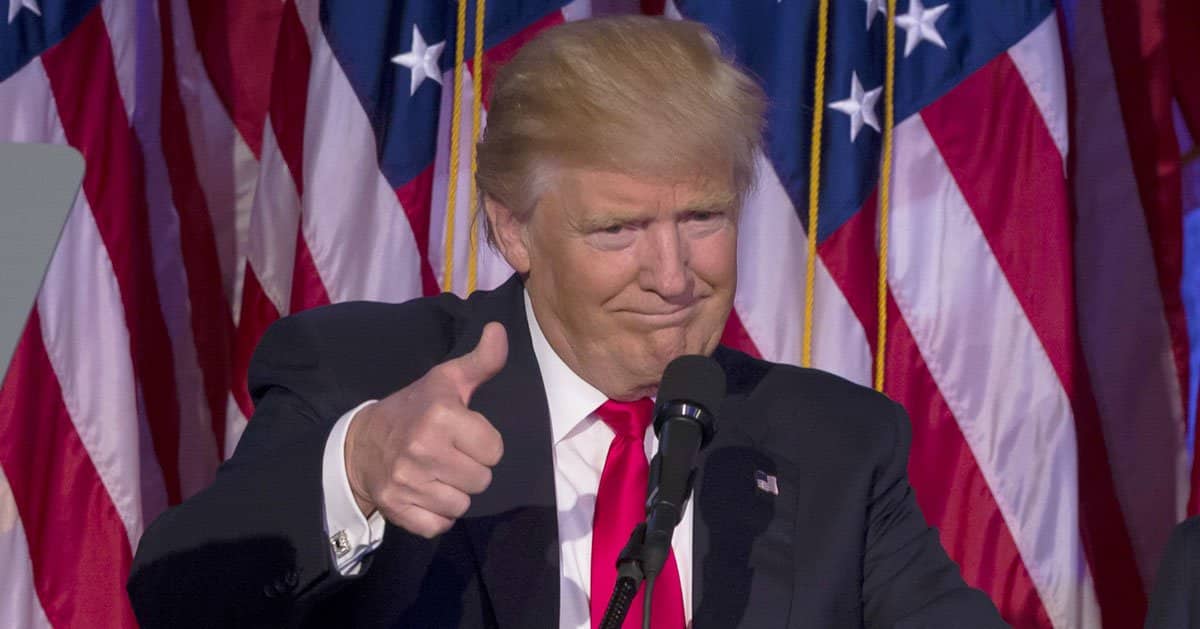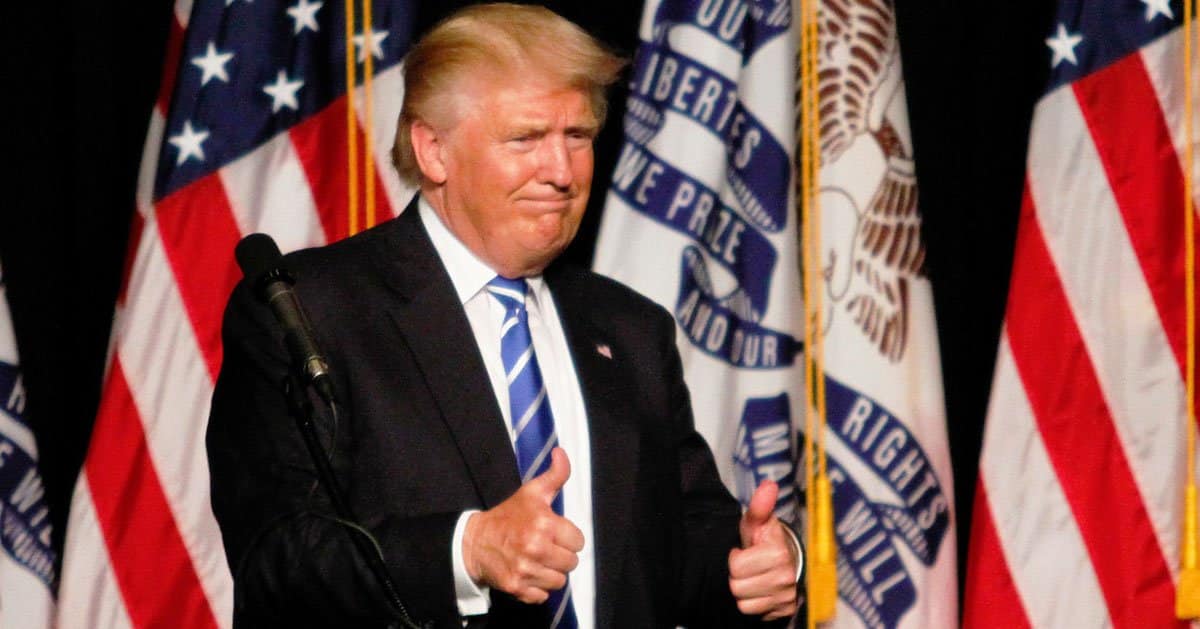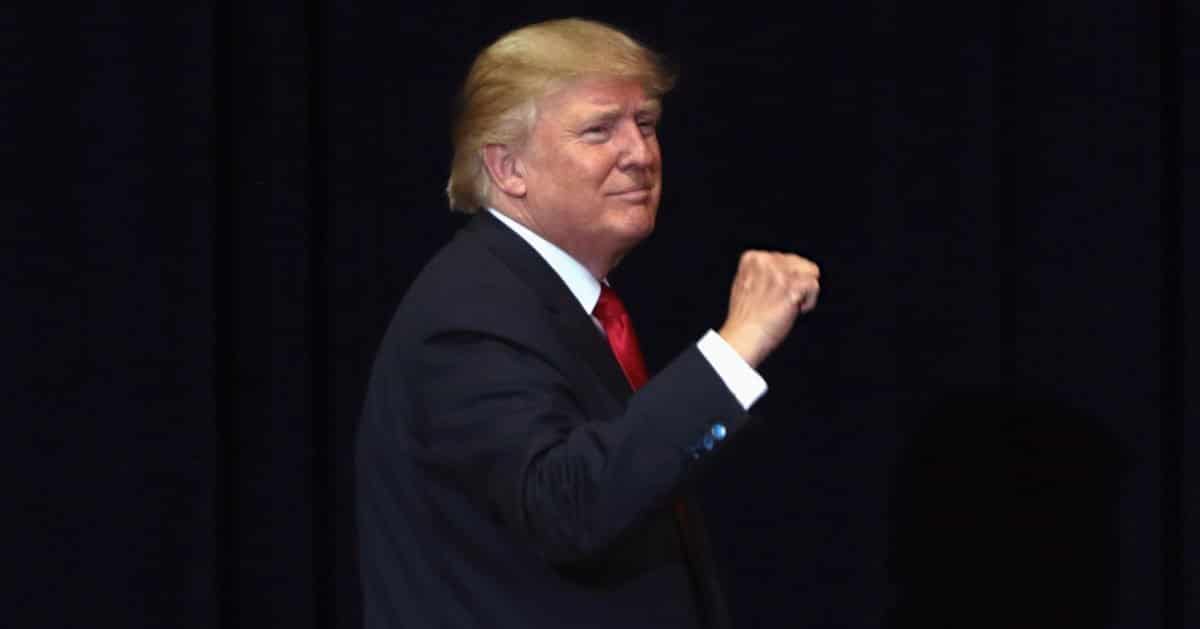








Nicholas Roske, the man charged with attempting to assassinate Supreme Court Justice Brett Kavanaugh, will face trial in June 2025.
Politico reported that Roske was apprehended two years ago after allegedly traveling to Kavanaugh’s home in Maryland with a gun, burglary tools, and other equipment. The upcoming trial will be held in a Maryland federal courthouse and is expected to last just over a week.
The trial date was set for June 9, 2025, after nearly two years of negotiations between prosecutors and defense attorneys failed to produce a plea deal.
Judge Peter J. Messitte scheduled the trial following Roske’s latest court appearance, where he was seen in a maroon prison uniform with a slight beard and long hair pulled into a bun.
Roske allegedly made his way to Kavanaugh’s Maryland residence in June 2022 with the intent to harm the Supreme Court justice.
According to reports, he was found with a firearm, burglary tools, and other equipment that suggested he had planned a serious attack. His actions were halted when he dialed 911 near Kavanaugh’s home, telling the operator he needed psychiatric help.
During the call, Roske identified his target as "Brett Kavanaugh ... the Supreme Court justice." When the 911 operator asked, "And what were you coming to do?" Roske admitted, "Just to hurt yourself and him? Or what was going to happen?" to which he replied, "Correct."
Roske's recent court appearance marked another chapter in the lengthy legal process. Discussions during the session included filing deadlines and the potential need for further mental evaluations.
Despite the nature of the crime and the defendant's previous statements, Roske’s attorney, Andrew Szekely, stated, "Nothing required in terms of a mental evaluation."
Szekely also revealed that they plan to request the judge dismiss statements Roske made to officers following his arrest. However, they do not intend to seek the exclusion of the 911 calls from evidence, which could play a crucial role in the trial.
The decision to proceed with a trial after two years of legal discussions underscores the complexity of the case.
The inability of both sides to reach a plea agreement indicates that both the prosecution and defense are preparing for a contentious trial. The case has garnered significant attention due to the high-profile nature of the intended target and the implications for security surrounding public figures.
As the trial date approaches, all parties involved will be working to finalize their preparations. The prosecution is expected to argue that Roske's actions were premeditated and posed a serious threat to Justice Kavanaugh, while the defense may focus on Roske's mental state and the circumstances that led to the 911 call.
Judge Messitte's scheduling of the trial for June 9, 2025, provides both the defense and the prosecution with a firm timeline to prepare their cases. Over the next several months, both sides will likely engage in various legal maneuvers as they seek to strengthen their positions ahead of the trial.
The defense's decision not to pursue a mental evaluation could be a strategic move to avoid delays or complications related to Roske's mental state. However, the request to dismiss Roske’s statements to officers suggests that the defense may be looking to limit the amount of potentially incriminating evidence presented to the jury.
The outcome of this trial could have significant ramifications, not only for Roske but also for the broader discussion on the safety and security of public officials.
The case will likely draw attention to the measures in place to protect Supreme Court justices and other high-profile figures, especially in an increasingly polarized political environment.
As the trial date nears, the legal community and the public will be watching closely to see how the case unfolds.
The evidence presented, particularly the 911 call and any statements made by Roske, will be scrutinized as the court determines whether his actions constituted an attempted assassination or were the result of a severe mental health crisis.



